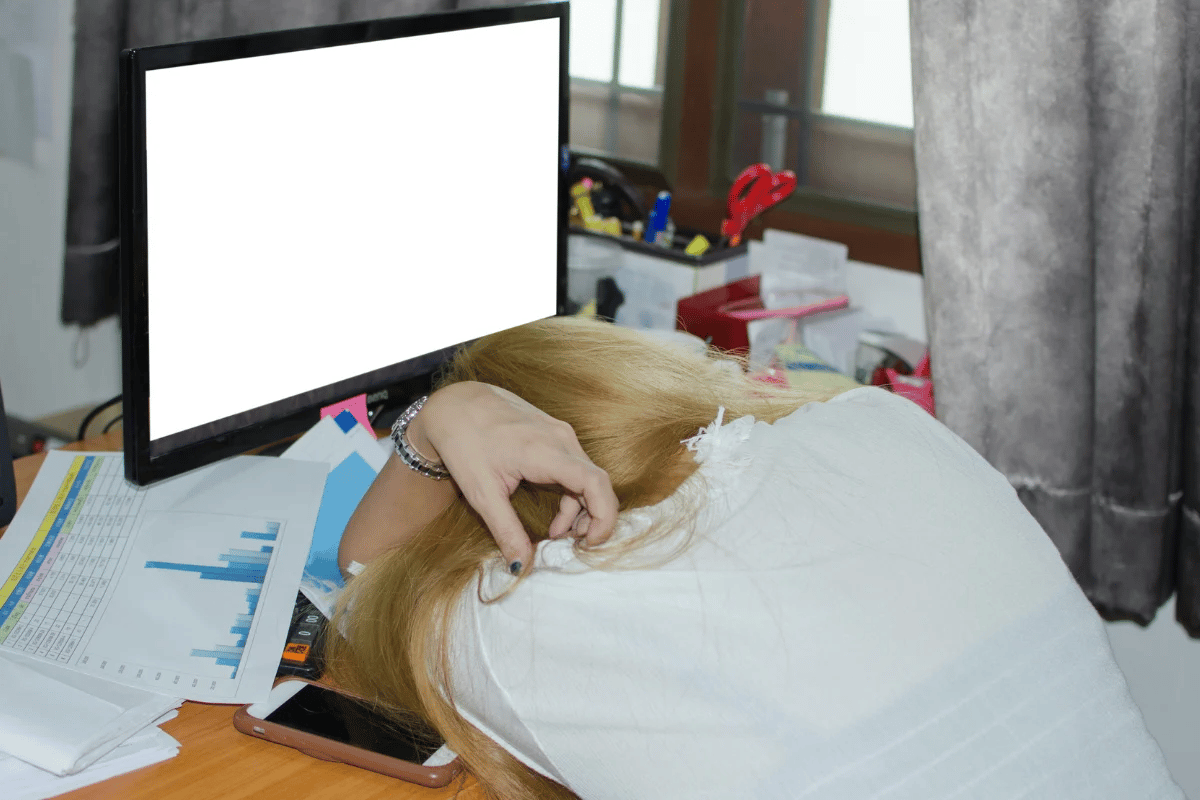
Ever daydream about another job? Something a little less stressful, more fun? Maybe you work inside and wish you were outside or vice versa.
A recent article from The Cut coined these 'dumb jobs', where you're done with your current job — because it's too hard or too stressful — and you just want something simpler.
Whilst you may not agree with the terminology, given every job has its fair share of complexities, a dumb job, let's call it a more easy-going job, can really be broken down into a thought process… that the 'dream' job is not what you thought it would be.
Landing the role you want or the pay you want, but it comes with bad hours, a toxic workplace and no boundaries, so you envy all the people around you with jobs perhaps perceived as easier.
The once seemingly idyllic perks now morph into cancelling social plans, leaving texts unread, unanswered phone calls, you're falling out of health and wellness routines, wondering if it was all worth it.
Watch: What is the real value of unpaid work? Post continues after video.
The Cut asks the question: what happens when you realise that everything you thought you wanted in a career is actually a mirage?
COVID was full of these realisations with big pivots in careers. In fact, the Australian Bureau of Statistics said the number of people switching careers has contributed to the highest rate of job movements since 2012.